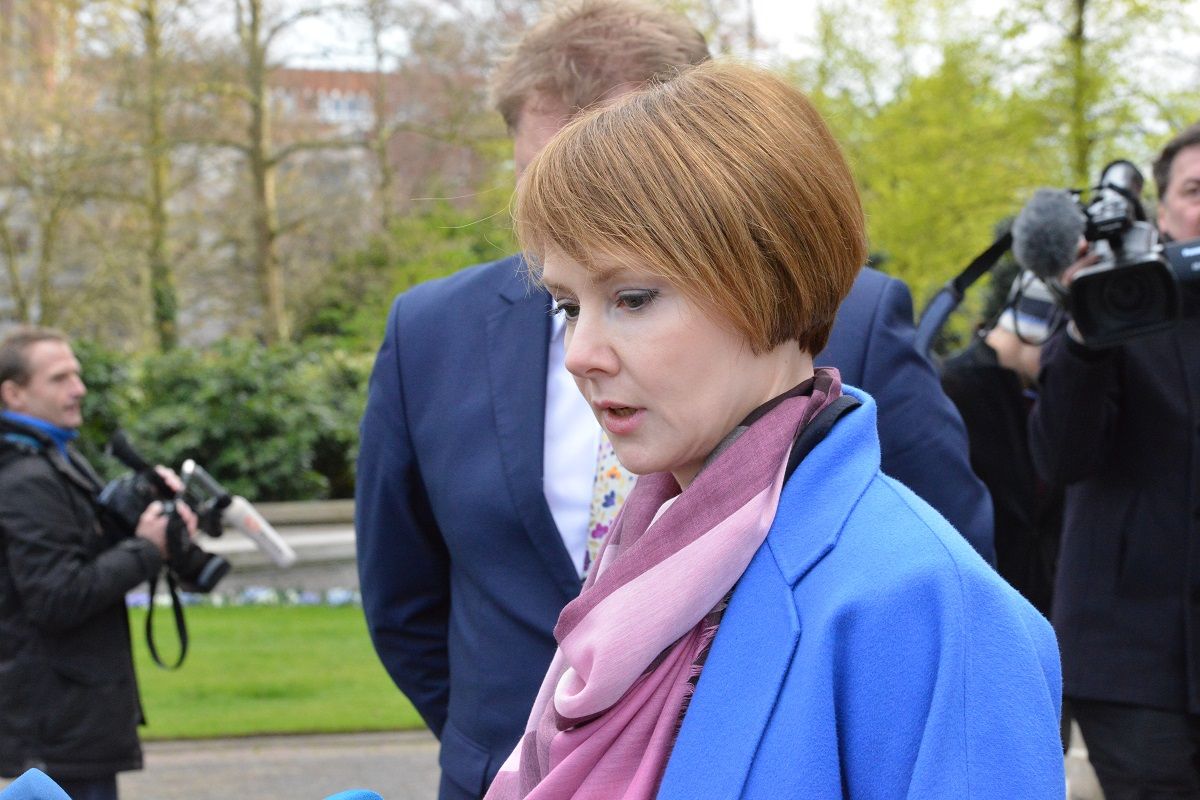
Noting the positive nature of the ICJ order, Zerkal also noted it had revealed Ukraine’s "weak spots."
"In fact, we already know where we have weak spots, and where we need to work harder to gather evidence and prove the intention [and purpose] (within the framework of the International Convention on the Financing of Terrorism),” Zerkal said, adding that the judges claimed Ukraine had not put before the court sufficient evidence to confirm that this element is present in Russia’s actions.
While preparing our case for the consideration by the ICJ on the merits, Ukraine “will focus” on gathering such evidence, according to Zerkal.
As UNIAN reported, the UN ICJ today announced a decision that partially satisfied Ukraine's request to apply provisional preventive measures against Russia under the International Convention on the Elimination of All Forms of Racial Discrimination (CERD).
The ICJ has found that Russia must refrain from imposing limitations on the ability of the Crimean Tatar community to conserve its representative institutions, including the Mejlis, and ensure the availability of education in the Ukrainian language.
On accusations of Russia’s violation of the norms of the International Convention for the Suppression of the Financing of Terrorism, the ICJ ruled that “at this stage of the proceedings, Ukraine has not put before it evidence which affords a sufficient basis to find it plausible that these elements [intention and knowledge, as well as the element of purpose] are present.” Therefore, provisional measures were not applied under said convention.

